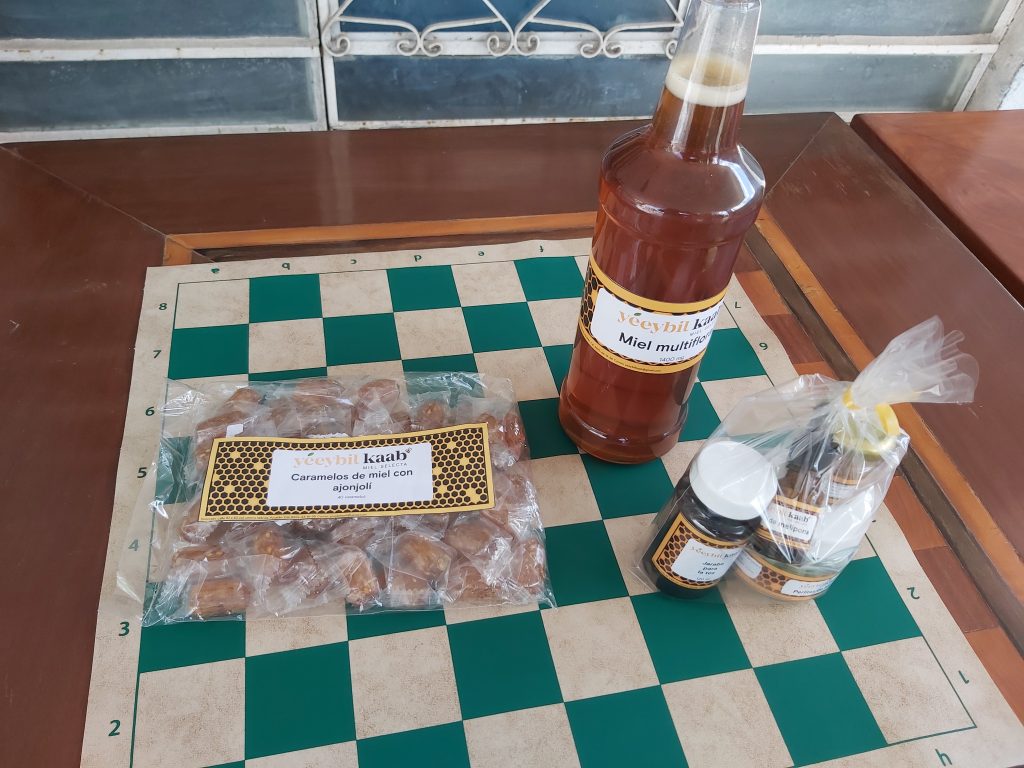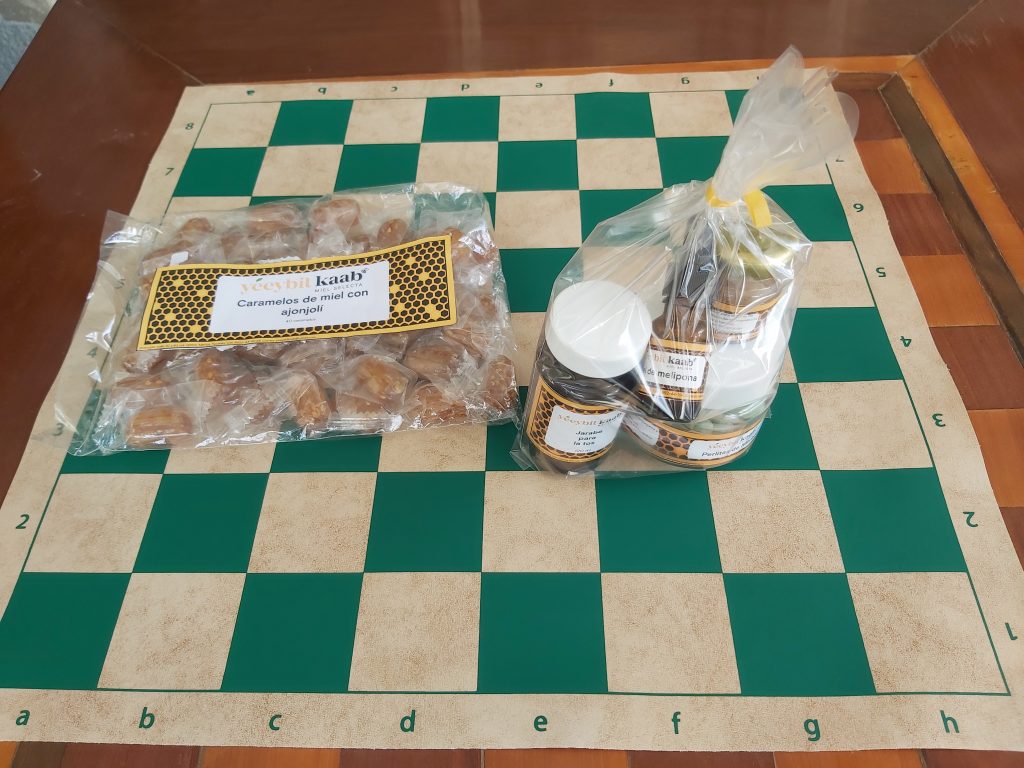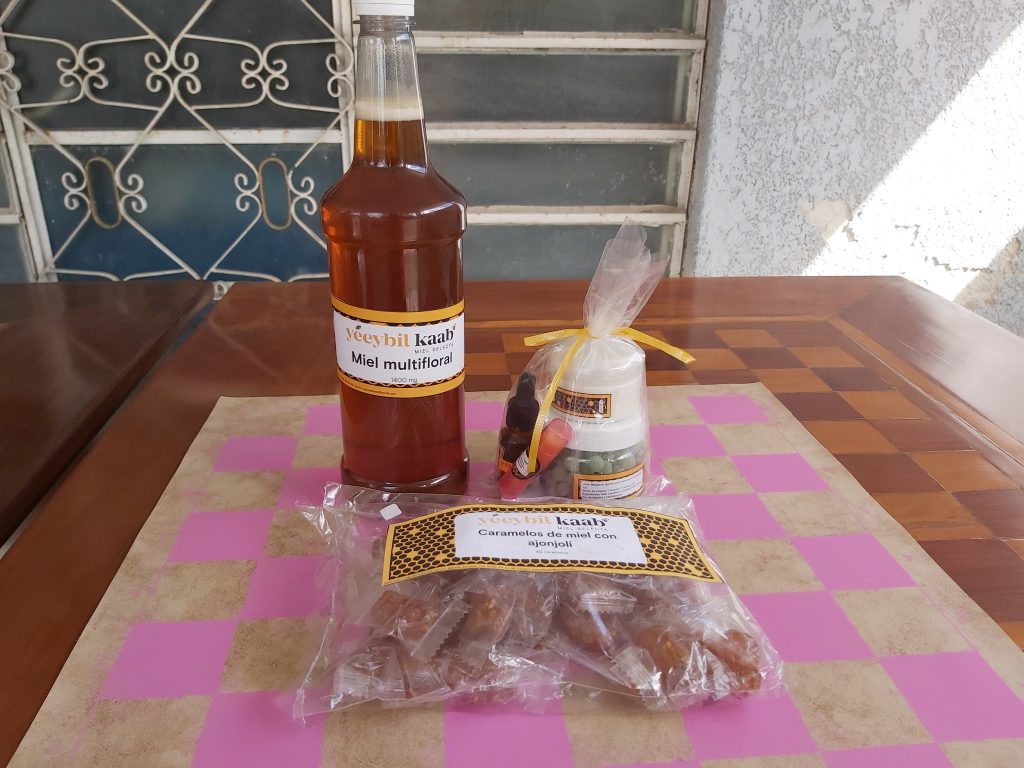The phrase “a healthy mind in a healthy body” acquires particular relevance in the activities that a Yucatecan micro-industry carries out to promote the practice of the science game at an international level and at the same time encourage consumption of a product as healthy as honey produced by Yucatecan bees.
“Yéeybil Kab”, a Mayan word that is equivalent to “Selected Honey”, has just sponsored an online chess tournament, organized by coach and referee Wasdín Antonio Muñoz Ricardo, a Venezuelan of origin who has taken root in Yucatán.
So resounding was the success of the competition, organized last Sunday, that no less than 113 fighters from 19 countries and three continents entered to distribute checks that not a few of the participants, especially the winners, tasted like honey.
World powers such as China, Russia, the United States and India gathered in the great event, in which a young Chinese promise was crowned, Xiong Jian Peng (2485 classic rating), escorted by the Iranian Ali Faghirnavaz. In third place was the Uruguayan Manuel Díaz Hollemaet. The three mentioned received cash prizes.

But those who were most scratched were the Venezuelan Paola Blanco, winner of the award for Best Female, and the young Miguel Tadeo Palma Villanueva, who won the Best Yucatecan Player.
Two packages of honey products and their derivatives were delivered to them. In Paola’s case, the kit consisted of a lipstick made with beeswax, an ever-young cream (melipona honey, collagen and others), a liter and a half of organic multifloral honey, anti-stress pearls (honey, propolis and eucalyptus), a package of honey candies and melipona honey dropper (used against conjunctivitis and cataracts).

For the Best Yucatecan, the award consisted of a dropper of melipona honey, multifloral organic honey, anti-stress pearls, a package of melliferous candies and a healing cream, a magnificent remedy for bumps, sprains and rheumatism, made with propolis extract and bee venom. Tadeo Palma gave it to his grandmother to alleviate his ailments.
In addition to the nations mentioned, fighters from the Czech Republic, Kazakhstan, Peru, Argentina, the Philippines, Cuba, Chile, Sweden, Haiti, Colombia and, of course, Mexico entered.

Between 2008 and 2012, honey production in the state of Yucatan reached record levels of 12,000-14,000 tonnes a year.
And on the year 2019, before the pandemic, the annual production hardly reached 7,000 tonnes at most, and the trend will most likely continue downward. Yucatán beekeepers feel discouraged because they lack both funding and support, and the irresponsible use of pesticides is harming millions of bees across the peninsula.



